Writing problems: sloppy writing, reversing letters and/or numbers, insufficient development of a preferred hand.
Difficulty cutting, tearing, folding, drawing.
Problems in fine motor skills.
Planning problems.
Problems in spatial orientation.
Problems in performing tasks independently.
Concentration and attention problems.
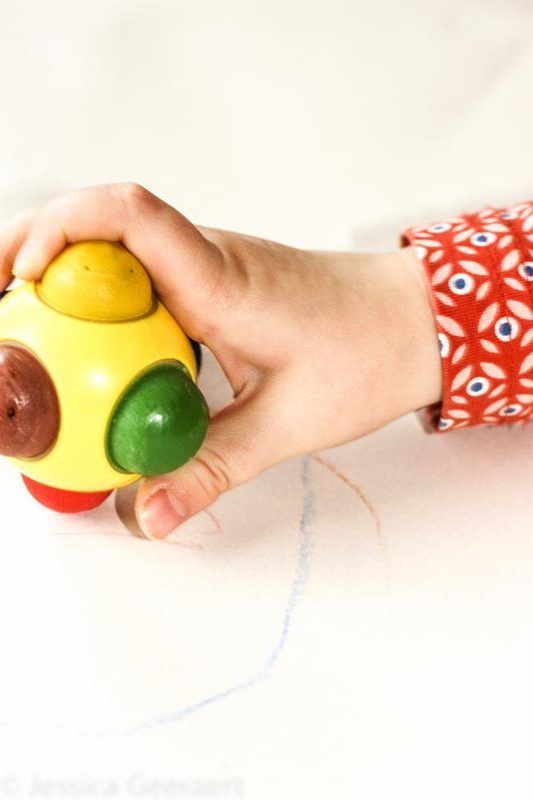
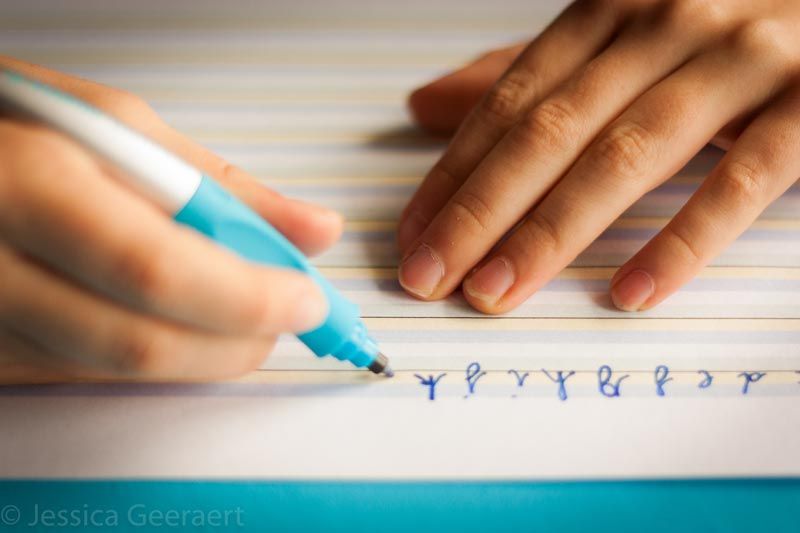
Difficulty dressing and undressing, tying laces, opening and closing buttons, etc.
Little or difficult ability to play.
Problems in fine motor skills.
Limited use of one side of the body.
Problems with showering, washing, combing hair, etc.
Problems in performing tasks independently.
Difficulty moving.
Fear of falling or moving, dislike of rocking or climbing.
Problems sitting.
Limited activation of one side of the body.
Problems in eye-hand coordination and fine motor skills.
Difficulty with cooperation of the hands.
Clumsiness, often knocking over something or running into something.
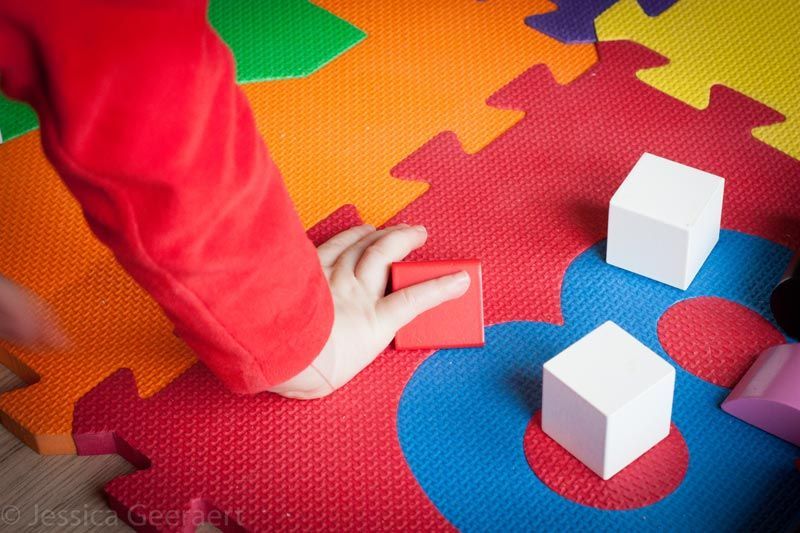
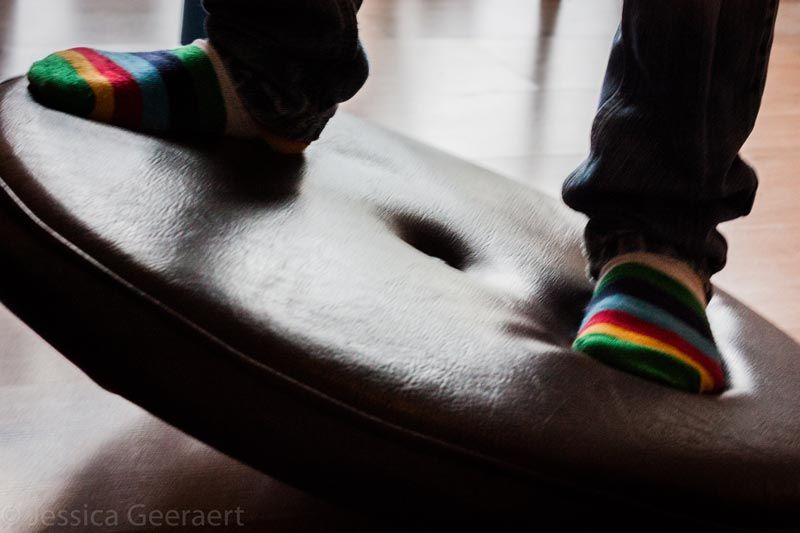
Problems in stimulus absorption and processing.
Hypersensitivity to tactile stimuli: touch, certain clothing or material
unpleasant experience.
Being easily distracted, difficulty concentrating, difficulty sitting still
Some stories about “Dream” coaching
He is looking for meaningful daytime activities, preferably work. He lives alone in a social housing and has an addiction problem (alcohol and other drugs). Together with his GP and other care providers (home nursing, OCMW, etc.), we work on his “thresholds”, we remove them one by one and look for work together.
He still lives at home, his “world” is slightly different from society. Certain “expected” skills are slightly inferior or slower. We will work on this together and as an occupational therapist I will try to be a bridge. We make his skills stronger, and we try to make adjustments in his search for a daily routine and employment.
He has reduced mobility and has lived at home with the necessary support until now. Together with him and his parents we will look for an independent life. He is currently in a “room”, together we teach him how to do safe “transfers”, get dressed, go to the store independently, brush, cook, etc. Everything he needs to live independently.
Ergo-Droom helps by looking together at the past (addiction, depression, physical limitations, autism, etc.), the present, and building a dream together (finding new work, taking up old hobbies, visiting friends, living independently, etc.).
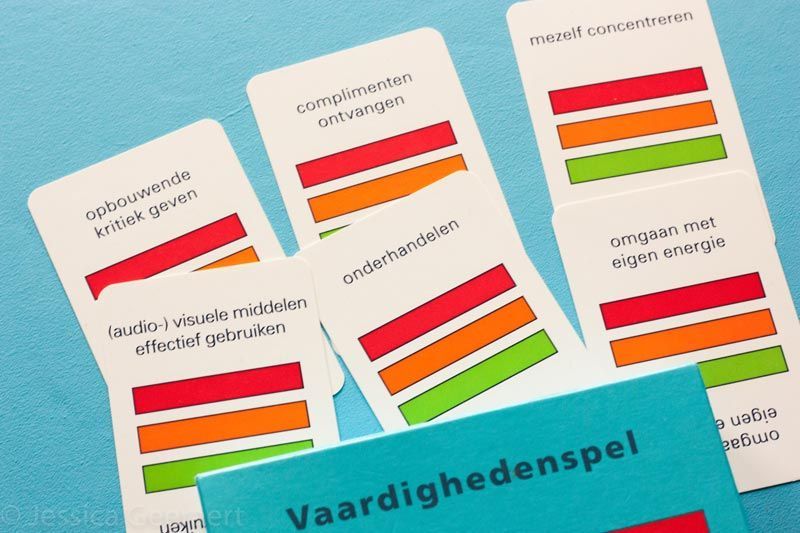
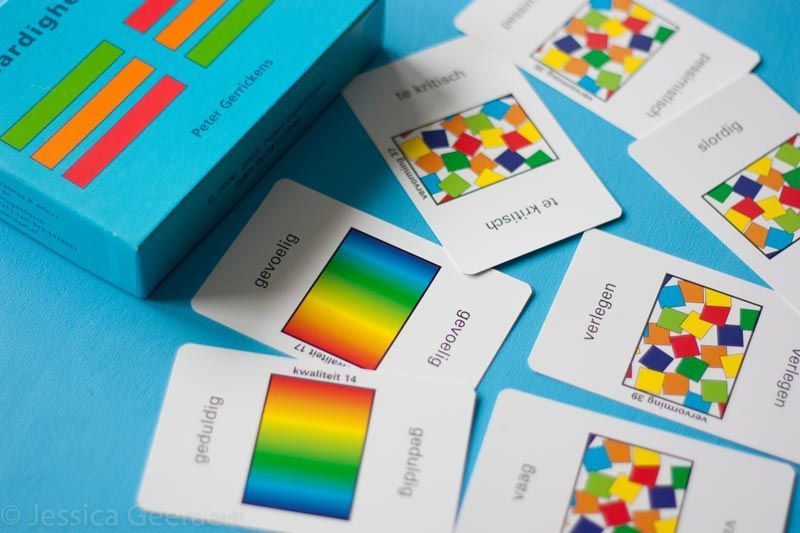
What am I good at? (strengths, competencies,..)
Where do I want to go? (what is my dream)
What do I want to eliminate from my life? (what bothers, bothers me)
What am I loyal to? (what is important)
What am I small in? (weaknesses)
Searching for (volunteers) work together (job carving-job matching)
Looking for planning together and making dreams concrete.
Working on self-confidence through success experiences.
Finding peace by learning to plan
Start from strengths.
Turning around weaknesses